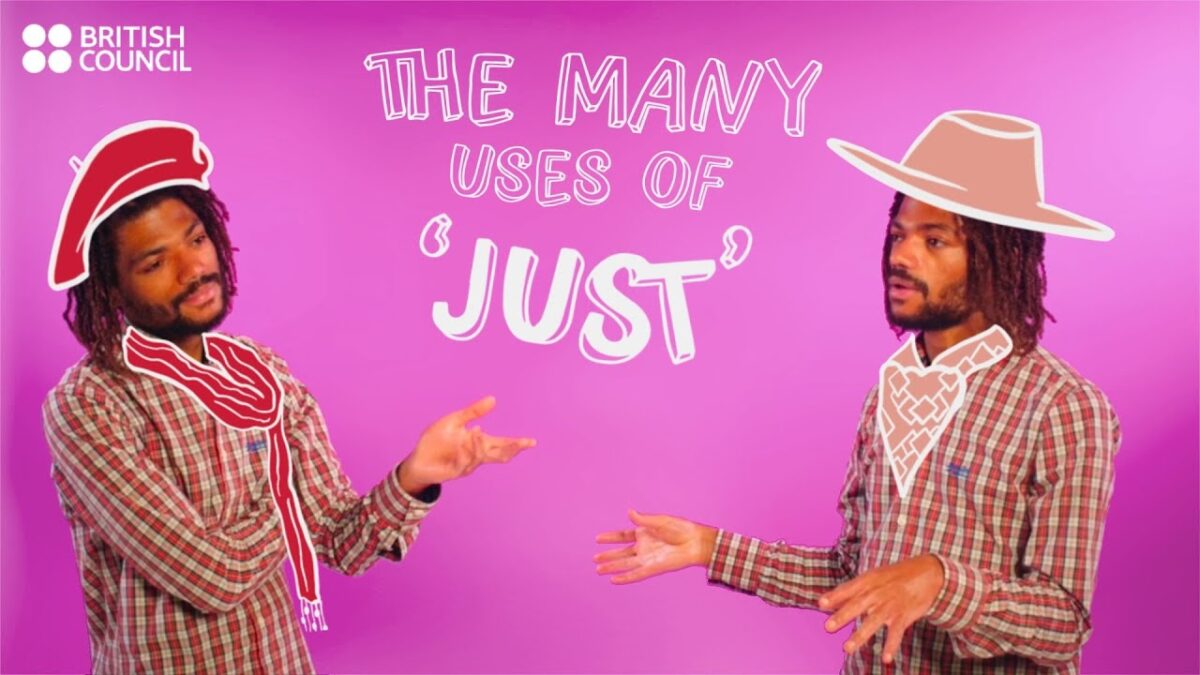No Cap, Just Facts: Your Simple Guide to British Slang

British slang is a fun way to get a glimpse into British culture, offering a window into the wit, humour and unique expressions that make the Brits, well, brilliantly British.
Read on to learn about the origins of British slang and add some new phrases to your vocabulary as we journey through the whimsical and wacky world of slang!
What is British slang?
Slang isn’t just a bunch of jumbled words, it’s a unique part of the English language. Slang provides a creative way for people to express their emotions in casual conversations and is often used in films, TV shows and music. Plus, it’s always changing, so it keeps you on your toes!
The history of British slang
Thieves’ Cant: The sneaky language
Believe it or not, some of the earliest recorded slang was a secret code among criminals during the Elizabethan era (16th century). They called it “Thieves’ Cant,” and it allowed criminals to plot their crimes without other people understanding them.
While we’re not encouraging a life of crime, some of these terms are still used today, including:
- “Rascal” – A criminal.
- “Rat” – An informer.
- “Shoplifter” – Someone who steals from a shop.
- To “squeak” – To tell the truth.
- “Birds of a feather” – Criminals in the same gang.
The charm of Cockney Rhyming Slang
Cockney Rhyming Slang is a form of British slang where words are replaced by phrases that rhyme with those words.
Originating in 19th century East London, it’s not clear why Cockney Rhyming Slang was created, but there are a few theories.
Some people believe it was developed from Thieves’ Cant and was used by criminals and locals so that outsiders wouldn’t understand their conversations. Others say it was created by locals purely to confuse outsiders.
Another theory is that it was developed by the local market traders to sell their goods, using it to capture the attention and charm passers-by.
Cockney Rhyming Slang is still commonly used by locals today, whether they use the full saying or just half of it. Here are some examples:
-
Original word: Money
Slang term: Bees and honey
Example: “My nan gave me some bees and honey.” -
Original word: Look
Slang term: Butcher’s hook
Example: “Have a butcher’s at this.” -
Original word: Gin
Slang term: Vera Lynn
Example: “I’ll have a Vera Lynn please.”
Modern-day slang
Just when you think you’ve got a handle on slang, new terms emerge.
One of the most interesting parts of British slang is that it’s always evolving, with new words developing from day-to-day life or social media platforms like TikTok.
Some examples of modern-day British slang terms include:
- “No cap” – Meaning ‘for real’ or ‘no lie’ – something that is genuine.
- “Drip” – In previous generations, this was a negative word used to describe someone as unattractive or boring. But now, it has evolved to mean a good thing and refers to someone’s look or style, especially if they’re fashionable.
- “Extra” – Describing something as over-the-top, dramatic, or too much.
- “Vibing” – Relaxing or enjoying the atmosphere around you.
Knowing when to use British slang terms
While it’s fun to throw in some British slang words while you’re chatting with friends or on social media, it’s best to avoid using slang in professional settings such as work. Trust us, your boss might not appreciate being told they’re “extra” in a meeting!
Spice up your chat: British slang words to add to your vocabulary
Explore a combination of modern and traditional British slang terms that you can use in casual conversations.
“Bonkers”
Describing something or someone as mad or crazy.
Example: “That man is bonkers.”
A “fiver” or “tenner”
This slang for British money, describing a £5 or £10 note.
Example: “Can I borrow a fiver?”
“Innit”
This is a shortened version of isn’t it usually used when someone is either asking a question or in agreement with a statement.
Example: “This movie is cool, innit?”
“Dishy” or “a dish”
This is a term to describe someone as attractive.
Example: “Rajesh is dishy.”
“Donkey’s years” or “yonks”
Another way of saying “a long time.”
Example: “I haven’t seen you for donkey’s years.”
Example: “I haven’t seen you for yonks.”
“Say less”
This means “I understand”.
Example: “You don’t want to go out? Say less.”
“Tea”
A way of describing gossip or an interesting story.
Example: If you want someone to tell you some gossip, you would say “Spill the tea.”
“Bet”
Meaning to agree or approve.
Example: “You’re going to the party? Bet.”
“Gucci”
This is British slang for good, cool or going well.
Example: “Everything is Gucci.”
“Go off”
“Go off” is used as words of encouragement.
Example: “You passed your test? Go off!”
“Slay”
Describing someone as extremely stylish or successful.
Example: “You slay that outfit every time you wear it!”
Ready to slay your English conversations?
So, you’ve gotten the hang of some British slang – why stop there? Dive deeper into the English language with our wide range of courses, helping you to develop your skills.
Explore our English language courses today, you’d be bonkers not to!




